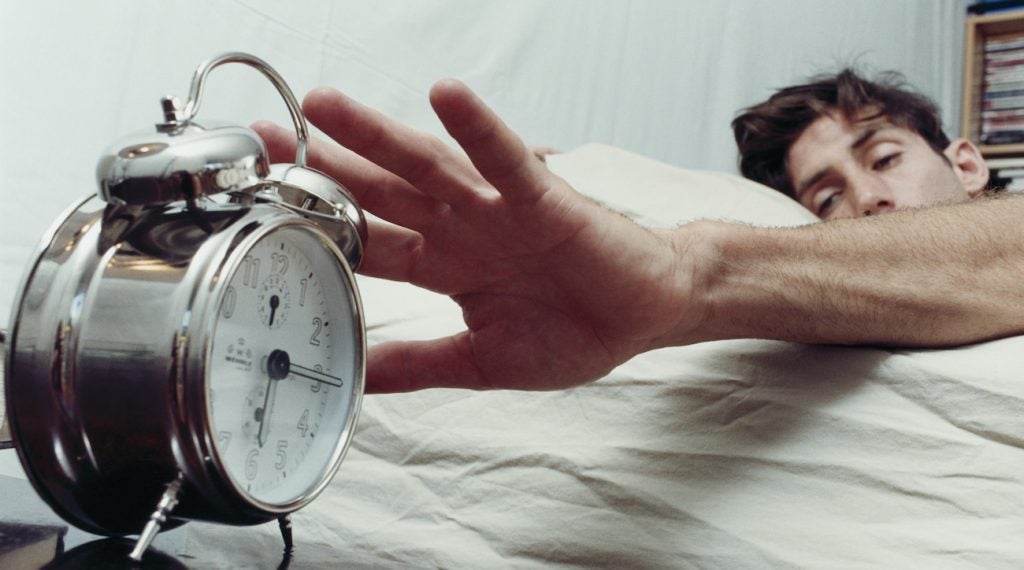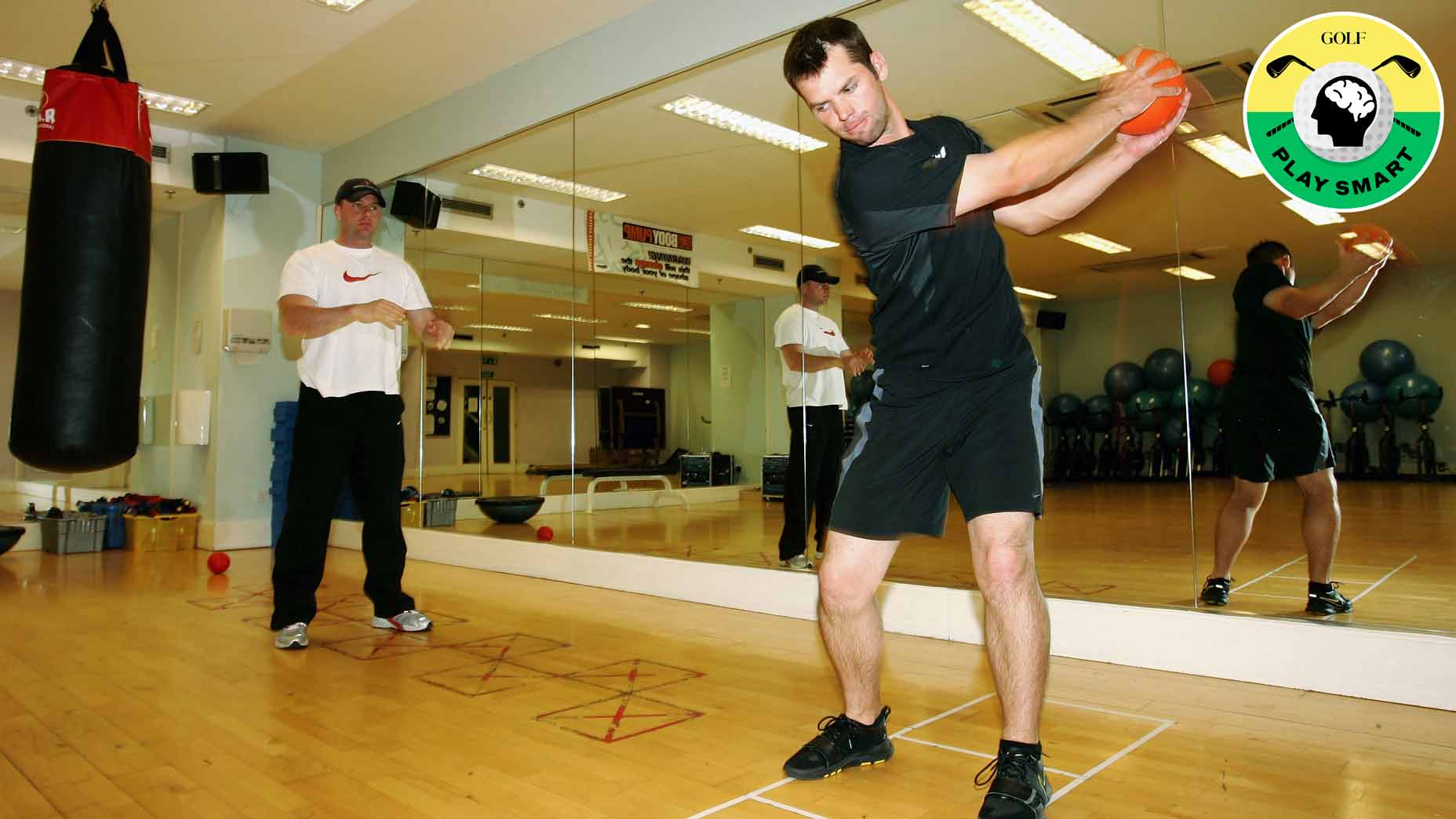 2 effective pre-round stretches to get loose before you tee off
2 effective pre-round stretches to get loose before you tee off
New study shows your alarm clock might be ruining your golf game
I’m the biggest advocate around for practicing. Working harder and smarter, on your swing, on your mental game, on everything you can to play better golf. And sometimes, that means taking a good, hard look at your alarm clock.
Luke, that’s crazy, you’re probably thinking. What does an alarm clock have to do with golf?
Well, let’s travel to sunny Australia, where the Royal Melbourne Institute of Technology conducted a study recently and found that the sound you wake up to in the morning can affect how groggy you are throughout the day, which can affect performance in all walks of life. For golfers, that means on the golf course.

ADVERTISEMENT
The study (Alarm tones, music and their elements: Analysis of reported waking sounds to counteract sleep inertia) tracked 50 participants who, according the the press release, “each logged what type of sound they used to wake up, and then rated their grogginess and alertness levels against standardized sleep inertia criteria.”
What they found was that participants who woke up to slower more melodic tones helped energize participants and improved their sleep inertia — the process when humans transition from sleeping to awake. By contrast, participants who were “shocked” into action were more groggy throughout the day.
It’s something that obviously translates to the golf course and other athletes, according to CNBC’s Make It, the first to cover the study:
Researchers hypothesize that the combination of tones that rise and fall in a song’s melody “promote arousal within our system, which in turn may lead to increased alertness,” Stuart McFarlane, lead study author, tells CNBC Make It in an email. “Imagine a scenario where an athlete will perform better when they warm up,” he says. “Melody may ‘warm our brains up’ more effectively for the day’s activity rather than being shocked into action.”
So, if you want to play better golf, try experimenting with some more melodic tunes to wake you up in the morning, like “Good Vibrations” by The Beach Boys or “Close To Me” by The Cure — two songs suggested by the study’s author.
ADVERTISEMENT






